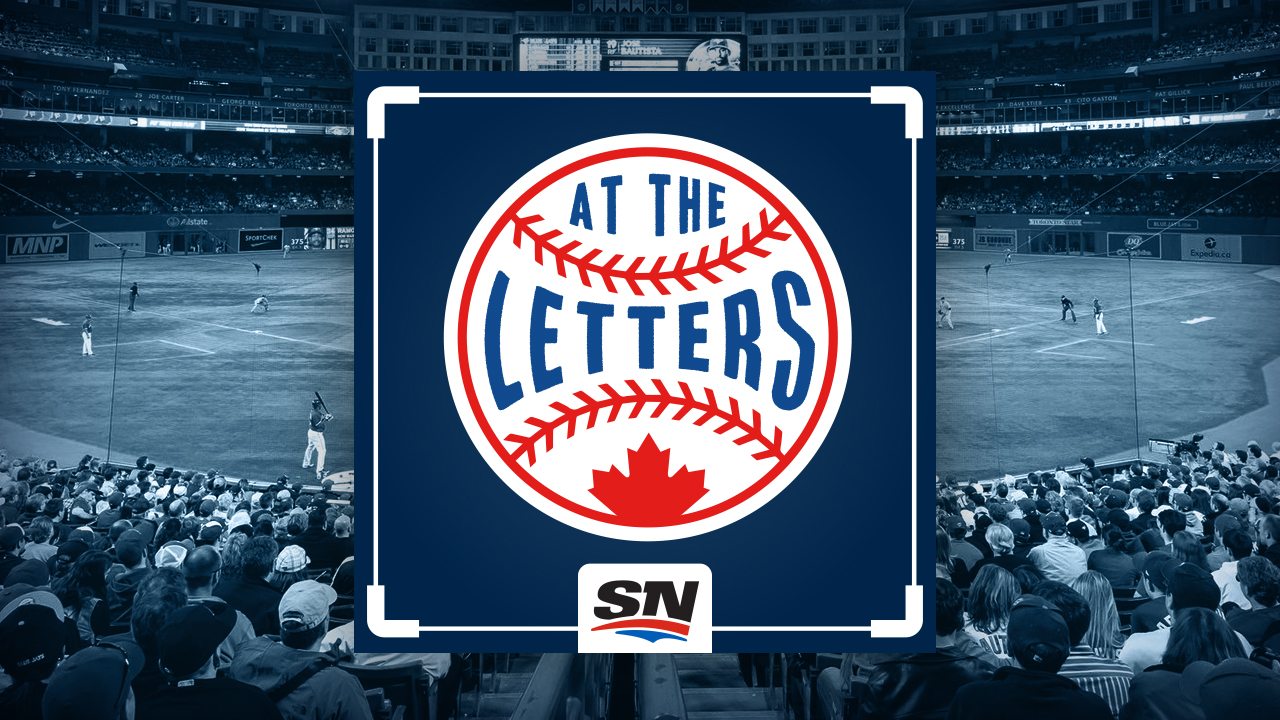TORONTO – In the pandemic’s early days, as North America grappled with COVID-19’s immense fallout, a baseball official described the crisis as an opportunity for owners and players to recast their fractured relationship, for them to legitimately partner up and grow the game.
That was back in the heady “we’re-all-in-this-together” sloganeering phase of the shutdown, when everyone sought out a glossy spin for the unfolding calamity. The collective halt led to the type of navel-gazing typically borne out of life-altering experiences, when people to take stock of where they’re at, where they’re going and consider whether they need some change.
Baseball, you may remember, was already a dumpster fire when the novel coronavirus hit. Everyone was still raging at the Houston Astros for fake-sorrying their way through the sign-stealing scandal, ripping Major League Baseball for its tepid response to the club’s litany of indiscretions and fuming over the strong-arming of Minor League Baseball in pursuit of a 40-affiliate rollback.
It was fertile ground for people in all walks of life to engage in those naively idealistic world-has-changed-forever conversations, or at minimum to muse about a recalibration of some sort.
Reality, however, has checked back into the game, and boy is it delivering a firm boot in the fanny to those thinking the pandemic would change the dynamic in baseball. Few things are more business-as-usual than the bickering between the sides in the back-and-forth over the 2020 season.
The union responded Tuesday to MLB’s offer Monday of a 76-game season at up to 75 per cent of pro-rated salaries with a counter of an 89-game season at full pro-rated salaries, ESPN’s Jeff Passan was first to report. Each offer was accompanied by the usual rhetoric about talks moving backwards, and the continuing gulf between the sides, triggering another round of consternation among fans.
Look, neither side can afford to kamikaze the sport into a full year off, regardless of all the current grandstanding. They’re going to play, and commissioner Rob Manfred won’t need to unilaterally impose the structure for a season, I’d wager.
If you ignore the acrimony, you can see how at each step the sides have deliberately left room for a middle ground, even as they’ve staked out maximalist positions. Minus a firm deadline, neither needs to be the first to jump, and with the collective bargaining agreement set to expire after the 2021 season, they’re negotiating more than just a framework for this summer, as COVID-19 may very well upend next season, too, ahead of more labour talks.
In that context, every little concession matters, but probably not to this extent, which only makes the dragged-out process all the more distasteful.
The owners have been stomping the players in labour matters for several years now, getting the better of the union in the current CBA, while using analytics and modelling to scale back the silly and often bad money spent in free agency. Then, they used the pandemic as cover to propose a 50-50 revenue split that was effectively a salary cap, and tried to sow dissent within the union ranks by pitting players against each other with tiered clawbacks.
Shady stuff, as is feet-dragging talks to the point where players have already received their salary advances, creating a financial pressure point. Given ownership’s disinclination to play in November due to fears of a second wave, they’ve established a cut-off for games and each day a season doesn’t start is one fewer day to play.
Viewed dispassionately, using every bit of leverage possible can be viewed as sound negotiating by the owners. They’re going for the jugular because they can.
As for your “damaging-the-game,” or “bad-look” takes? Well, MLB wouldn’t go down this road without understanding the risks, and we’re left to conclude that they’re not too worried about inflicting long-term damage to the business.
That part may be debatable, which leads us back to the discussion with the baseball official mentioned at the beginning of this piece. The opportunity to partner up and grow the game is there, but “the players don’t see it,” he said, intimating the union is too focused on securing every dollar now to consider the bigger picture.
He’s not wrong, but the owners are just as guilty in that regard. They’ve sought to cut salaries from the outset of the pandemic, with their media leaks designed to paint the players as greedy and intransigent.
Consistently grinding down the product in search of relatively negligible savings only deepens the mistrust between the sides, preventing the necessary work to help the business overcome the many hurdles it’s facing.
In turn, the players are forced to defend what they have, rather than build upon their base, and are largely excluded from the real decision-making on pivotal matters such as illegal sign-stealing and the declining number of young fans.
Resolving the relationship issues will eventually require a wider rethink of the sport’s economic structure.
One way to alleviate the ongoing friction is to more fairly compensate players relative to their production during the 0-3 service time years, reducing the pressure for a free-agent payday that’s increasingly harder to come by. That’s a gargantuan task, especially when you consider how the vigorously the sides are fighting each other as the economy is rattled all around them.
For the time being then, it’s more of the tired old same in baseball. Shame on those of us who thought the perpetually warring sides would unite to confront the existential threat before them. We really should have known better.
[relatedlinks]









